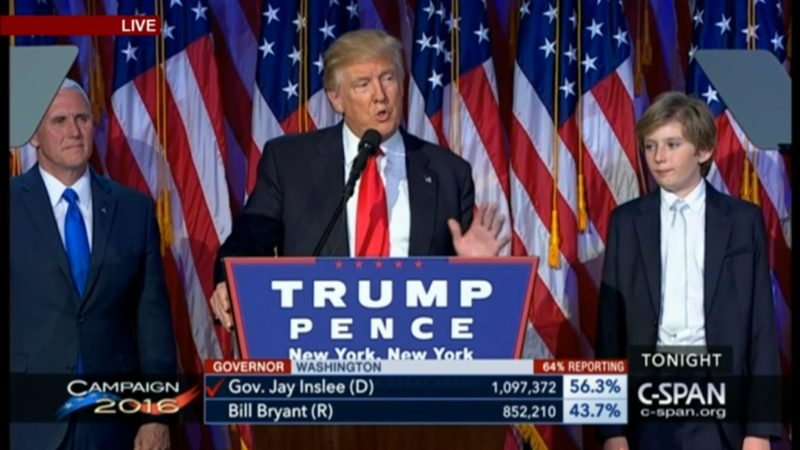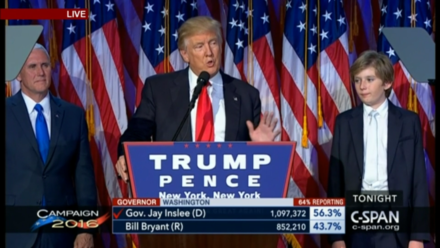

After the last week, it goes without saying that we have all been reminded why we must never give up the fight for a more just and equal world. With President Trump, a hard Brexit and attempts from UKIP to undermine Labour’s working class roots on the horizon, the rise of right-wing populism shows us just the fragility of our hard-fought for rights. Victory is never achieved, the fight never ending.
But that’s the obvious point. Because the most interesting speech recently wasn’t Trump’s inauguration speech, or Theresa May’s Brexit speech, but Xi Jinping’s speech to the World Economic Forum at Davos.
Xi – his first forum speech as the president of China – proclaimed the importance of globalisation and the need to tackle climate change. Xi clearly took the opportunity to contrast himself with Trump, who took an unsurprisingly protectionist and nationalist tone at his inauguration.
On the same day as Xi, we heard May gave her Brexit speech with a vision for a “Global Britain”. Yet, in the context of a global-facing China, and an inward looking US, the context of a global Britain felt like anything but global.
The challenge for a “global Britain” – and indeed for Trump – is to provide the leadership required to transition Western economies through the fourth industrial revolution, something I and others in the Labour Party are working hard to think about at Future Labour. Trump promised to “bring back the jobs”, but what he actually needs to do is to help create the new ones.
Socialists in Britain, Europe and the US have a responsibility to set out how we can deliver that economic transition: risk-sharing investment in new markets, investment in re-skilling, education and research and development, and creating the public services and a welfare state fit for the new economy – whilst protecting and advancing our liberal, progressive values.
Labour is beginning this difficult task. Jeremy Corbyn and Tom Watson have both spoken of the new economy, the future of work and the role of technology in transforming the British way of life. But, in the years ahead, we must focus on how we translate political debate and theory into policies which mean something in the context of the lives of working people across the country. Our industrial strategy, led by Clive Lewis and Chi Onwurah, which I and Future Labour were pleased to help launch, will hopefully start to develop those vital policies as we prepare for the next election.
The ultimate fear, of course, is that this global shift in the global geopolitical consensus leads to political and military instability. With Trump’s clear views on Nato, and his claim that the US has been unduly “subsidising” and “protecting” other countries’ militaries and borders, an aggressive Russia and an active Daesh in the Middle East, could prove to be the triggers for a number of catastrophic outcomes. And, as history has shown, the energy of nationalistic populism can be notched up when seen through the lens of an enemy of the state.
It is therefore upon us all to show – in contrast with Trumpian American individualism – that everyone can do well in the new economy without having to advance the global haves against the global have-nots. And that this socialist global outlook can only thrive within the context of peace and stability. If we fail to do so, the right wing populism of blaming “them” will win the popular view and the years of progressive advance will disintegrate before our eyes once again. As President Obama said last week – today isn’t a full stop in our work, it’s a comma. Now, therefore, is the time to campaign and work harder than ever before.
Darren Jones was Labour’s PPC for Bristol North West and is the director of Future Labour, a volunteer-powered platform focussed on the future of work.




More from LabourList
‘Tackling poverty should be the legacy of Keir Starmer’s government’
‘The High Court judgment brings more uncertainty for the trans community’
‘There are good and bad businesses. Labour needs to be able to explain the difference’